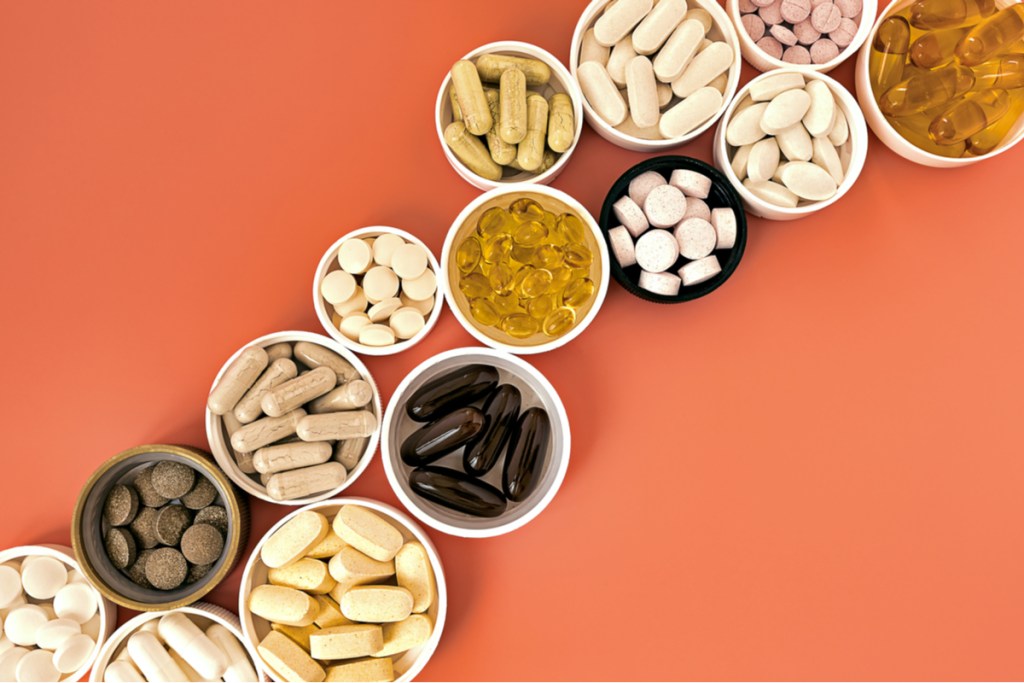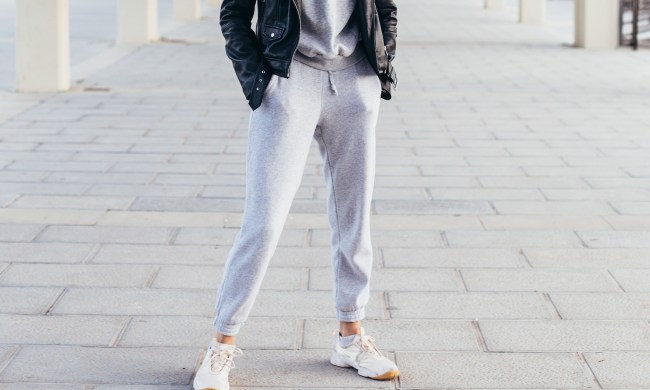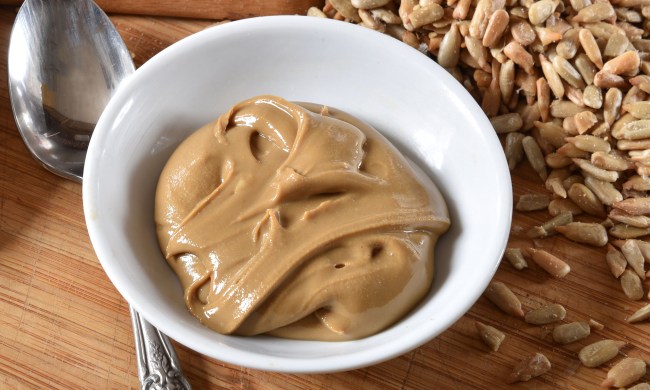Everyone goes through it. Sometimes you can’t get yourself to go to the bathroom. You drank all of the water. Had that third cup of coffee. But nothing is working and your stomach is really starting to hurt. But laxatives could take hours, sometimes even a full day before they start to work. And it’s only a quick fix, not something that can make a more permanent improvement to your gut health.
Wait a minute before you take a laxative and start the clock until you have to run to the bathroom. There are other options to try. There are vitamins and supplements that you can take to help you go more naturally. And you’ll get more overall health benefits from taking a vitamin or natural supplement versus a laxative. Let’s look at some supplements for constipation to try.

Fiber
Your first go-to. You’ve seen the cereal commercials. Making sure you get enough fiber is important to your digestive health. If you don’t like to have a daily bowl of wheat bran, there are other options. You can get a supplement or you can get Bellway Raspberry Lemon Fiber Supplement
Magnesium
Magnesium will help keep your colon and gastrointestinal tract lubricated which is important for you to have an easy bowel movement. Magnesium will also help soften your stool. It can also improve your stool’s consistency when taken daily.
Taking a daily Nature’s Bounty Magnesium supplement will also help promote healthy muscles and bones.
Vitamin B-12
If you have a vitamin B-12 deficiency, you likely deal with constipation all of the time. If your diet doesn’t bring in enough of this vitamin, you could feel tired, weak, have constipation, and not have the urge to eat as much. People with anemia also have this vitamin deficiency.
The next time you are in the supplement aisle, grab some Nature Made Vitamin B-12 Softgels. Not only will you find you will become more regular, but they will also help red blood cells form properly, and turn your food into energy so you don’t feel as tired.

Aloe vera
This one surprised us, too, but if you suffer from IBS then you should give it a try. It’s for short-term relief, but taking aloe vera supplements will increase the excretion of colon mucus. Taking a NOW Aloe Vera Softgel every day for up to five months can get those IBS symptoms under control.
You should take an aloe supplement every day anyway because of all of the other healing properties it can have on your body.
Probiotics
We don’t only mean eating the yogurts you see on tv. But if you want to get your gut health back on track, you should take a probiotic. It can help with IBS symptoms and relieve other constipation-related symptoms. Probiotics can also help regulate your bowel movements. NATURELO Probiotic Supplements are a great vegan, gluten-free daily supplement to help reduce bloating.
Vitamin D
When we don’t get enough vitamin D we get cranky and don’t feel our best. But lacking in vitamin D can also lead to chronic constipation. While vitamin D won’t directly fix your constipation, if you have intestinal issues, you should take a daily supplement like Nordic Naturals Vitamin D Gummies

Vitamins to skip
While taking vitamins to help you go is important, if you are also taking certain other vitamins, it won’t do you any good. Since you know the best vitamins for constipation relief, we wanted to make sure you knew the worst ones to make it a whole lot harder.
- Iron
- Calcium
Iron and calcium taken in excess can cause constipation and other digestive problems. You shouldn’t take more than one a day, but if you don’t take them during the day or with a meal, you run the risk of stopping yourself up.
If you take these and you are taking vitamins to alleviate constipation, you aren’t doing yourself any favors. You’ll have to adjust your vitamin regimen to get it to work for you, not against you.
If you want to be more regular, have an easier time of going, help reduce your IBS symptoms, and generally not have to think about the last time you had a bowel movement, consider trying these vitamins and natural supplements. Going straight for a laxative will only get a quick trip to the bathroom done. It’s not going to help your overall situation improve.
Beat the bloat, calm the cramps, and try these vitamins and supplements for a more long-term plan on getting your constipation under control. A happy gut is a key to a happy body.
BlissMark provides information regarding health, wellness, and beauty. The information within this article is not intended to be medical advice. Before starting any diet or exercise routine, consult your physician. If you don’t have a primary care physician, the United States Health & Human Services department has a free online tool that can help you locate a clinic in your area. We are not medical professionals, have not verified or vetted any programs, and in no way intend our content to be anything more than informative and inspiring.



